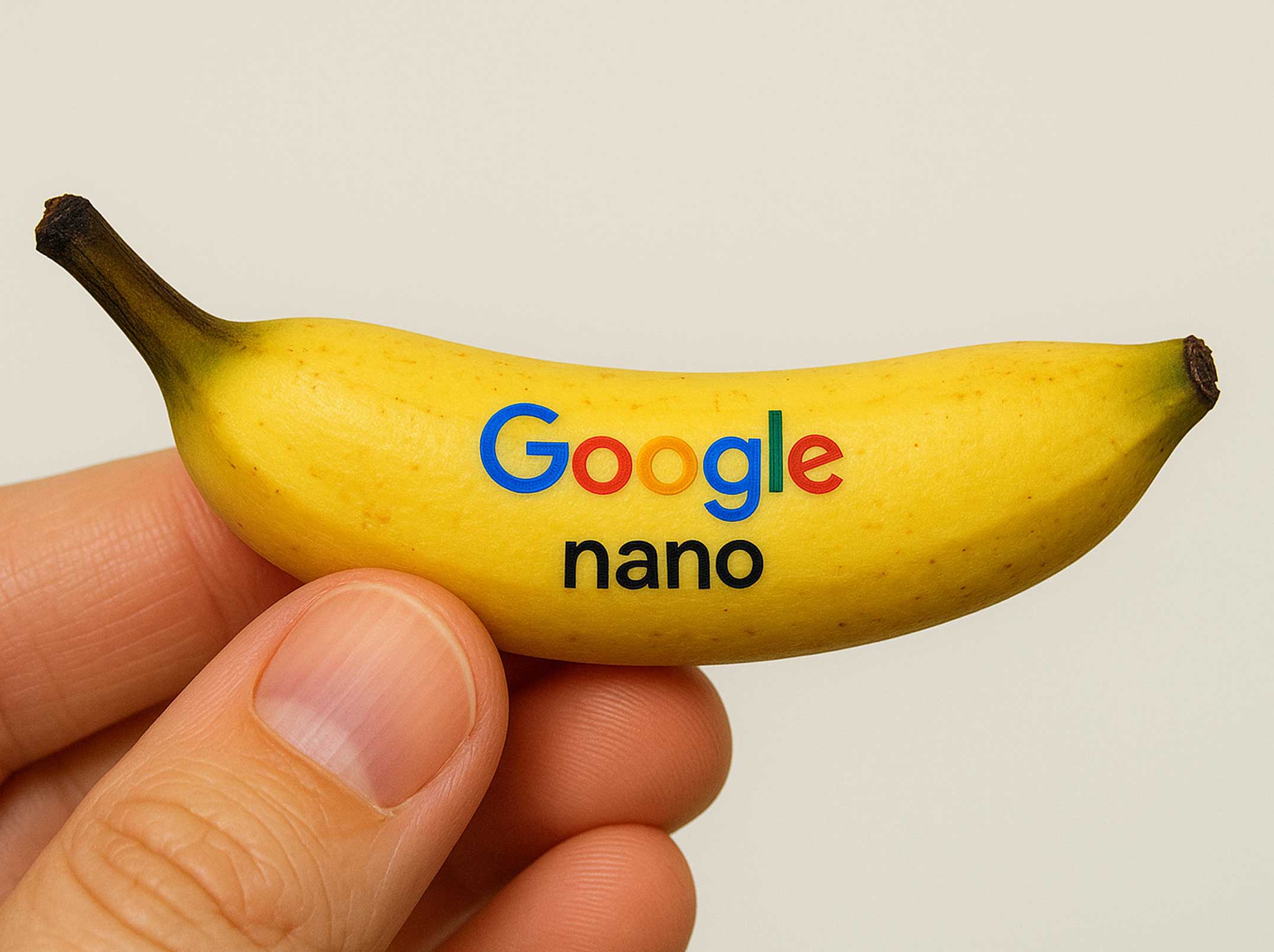Meta Limits Health & Wellness Ads: Is Your Business at Risk
Meta Ads Restrictions Reshape Health & Wellness Marketing in 2025

In early 2025, Meta introduced sweeping changes that shook the health and wellness advertising landscape in Europe. Businesses relying on Facebook Ads and Meta Ads to drive conversions are now facing new hurdles due to restrictions on critical optimization events such as Add to Cart, Initiate Checkout, and Purchase. Even top-of-funnel signals like landing page views are being impacted. For digital marketers, especially those in the wellness space, this raises serious concerns.
Why is Meta doing this, and what does it mean for your advertising strategy? Meta's advertising changes are not just technical—they affect your revenue, audience building, and ability to compete online. If you're running ads in the health and wellness space, or plan to, this article will explain what's happening, who is at risk, and what you can do about it.
Let’s dive into what’s changing, why it matters, and how to adapt your digital marketing strategies to maintain performance in a post-restriction environment.
What’s Happening With Meta Ads in 2025?
As of January 2025, Meta has introduced new advertising limitations specifically targeting the health & wellness category in Europe. These restrictions prevent advertisers from optimizing for key events such as purchases, add-to-cart, or even landing page views. The change severely affects Facebook Ads performance by limiting access to real-time data needed for conversion-based optimization.
Meta's Ads Manager still allows campaigns in the wellness sector, but the platform's algorithms are now less capable of learning from user behavior and adjusting campaigns accordingly. For brands that rely on Meta Ads for performance marketing, the shift has caused campaign ROAS (return on ad spend) to drop significantly. This is not a temporary glitch—it’s a structural change driven by regulatory compliance.
Why Is Meta Restricting Health & Wellness Ads?
The core reason behind these restrictions is Meta’s increased effort to comply with European data privacy laws, including GDPR and the Digital Services Act (DSA). The Health & Wellness category is classified as “sensitive” under these laws because it involves the processing of Personal Identifiable Information (PII) and Protected Health Information (PHI).
Meta has chosen to proactively limit ad optimization capabilities in this category to reduce legal risk. Instead of relying on browser cookies or pixel tracking for sensitive segments, Meta is pushing advertisers toward privacy-first tools like Conversions API and anonymized tracking. While these tools offer workarounds, they require technical expertise and strategic planning to implement effectively.
How Are Advertisers Being Affected?
The new limitations directly impact how health and wellness businesses run digital campaigns on Meta. Without access to purchase-related optimization events, ad performance suffers in the following ways:
- Reduced ability to optimize for high-intent users
- Inaccurate or incomplete conversion tracking
- Limited remarketing options based on user behavior
- Difficulty measuring campaign success through standard KPIs like ROAS
For small and mid-sized businesses that depend heavily on Facebook Ads for their advertising, these changes can result in wasted budget and missed growth opportunities. The restrictions force digital marketing teams to reconsider their funnel structure, targeting logic, and data sources.
What Can You Do to Adapt?
While the new Meta policies are restrictive, there are proven strategies to mitigate the damage and even regain performance.
Use Server-Side Tracking (Conversions API)
Server-side tracking through Meta’s Conversions API enables advertisers to send conversion data directly from their servers, bypassing browser limitations and improving data control. When configured properly, this allows you to track events in compliance with data regulations while preserving key campaign insights.
Rename Events to Avoid Detection
One workaround is renaming standard Meta Pixel events to neutral terms. For instance, instead of using “Purchase,” use “ViewContent” or a custom event like “ActionComplete.” While this doesn’t fully restore optimization, it can help you stay within platform policies and still gather meaningful data.
Leverage First-Party Data
Building and utilizing your own first-party data is more critical than ever. Encourage users to opt into email lists, loyalty programs, or gated content in exchange for consented data. You can then upload this data into Meta’s platform for lookalike audiences or retargeting—without breaching privacy laws.
Is This the End of Facebook Ads for Wellness Brands?
To this question I would say, not at all. While the terrain has changed, Meta Ads still offer immense potential if approached differently. Health and wellness brands must now operate with higher privacy standards, better data infrastructure, and more nuanced funnel strategies.
Agile marketing teams that integrate first-party data, use server-side tracking, and apply creative targeting tactics will continue to generate strong results. But passive reliance on Meta’s automated optimization is no longer an option in this space. The era of plug-and-play ad sets in sensitive categories is over.
This shift also presents an opportunity: brands that adapt early will benefit from lower competition and higher audience trust.
A Wake-Up Call for Digital Marketers
Meta’s decision to limit health and wellness advertising in 2025 is a major turning point for digital marketing in Europe. While it presents significant challenges, especially for small businesses, it also encourages better data practices and more strategic campaign design.
For brands willing to invest in compliant tracking solutions and first-party engagement, the platform still holds value. But survival in the wellness space will depend on how quickly marketers can pivot from traditional Facebook Ads tactics to more privacy-resilient approaches.
If your business falls under the health and wellness umbrella, now is the time to audit your Meta strategy. Update your event tracking, focus on audience trust, and prepare for a cookieless future. Those who adapt first will not only survive but thrive.
Subscribe to our newsletter
Stay informed with the latest marketing trends, expert insights, and exclusive updates delivered monthly.




